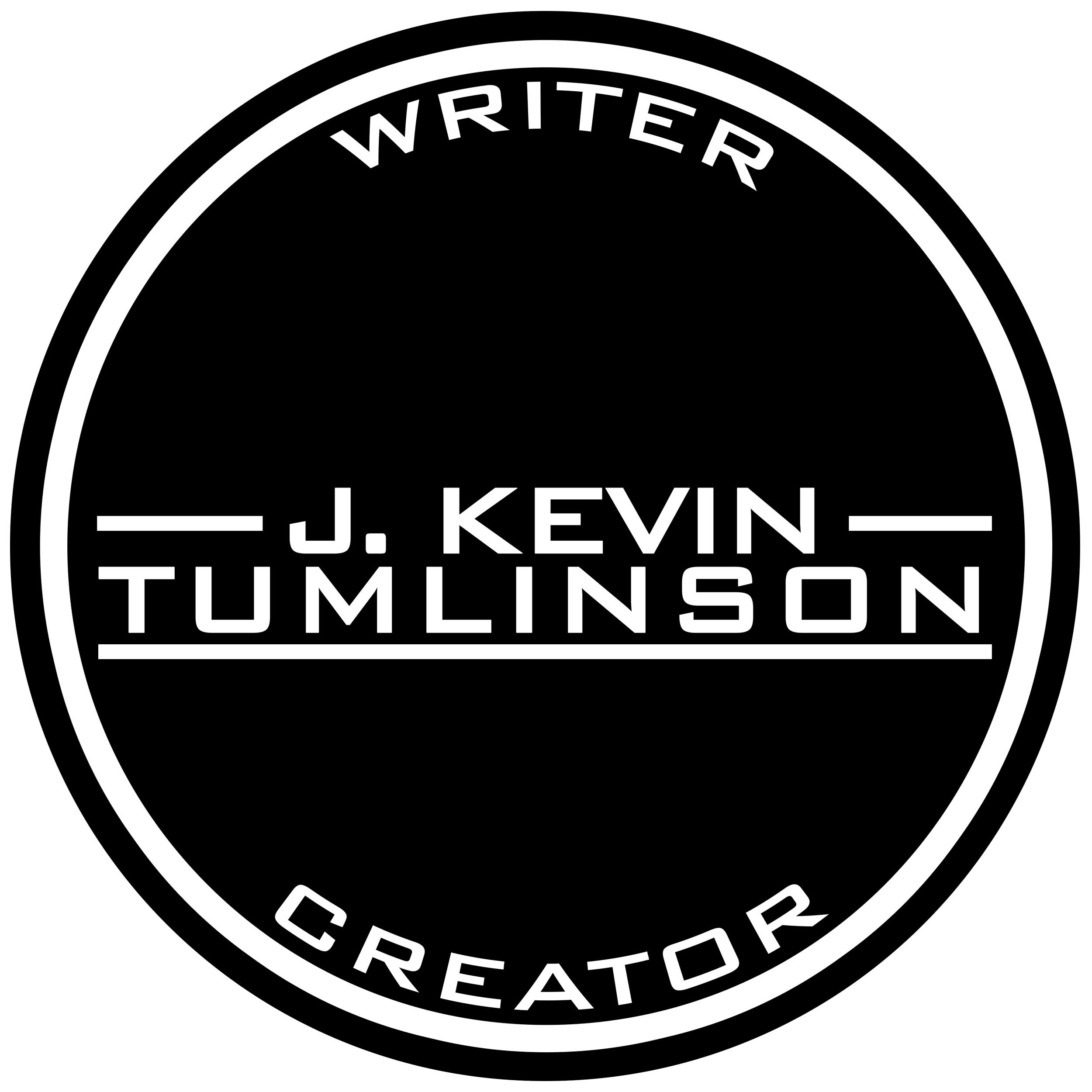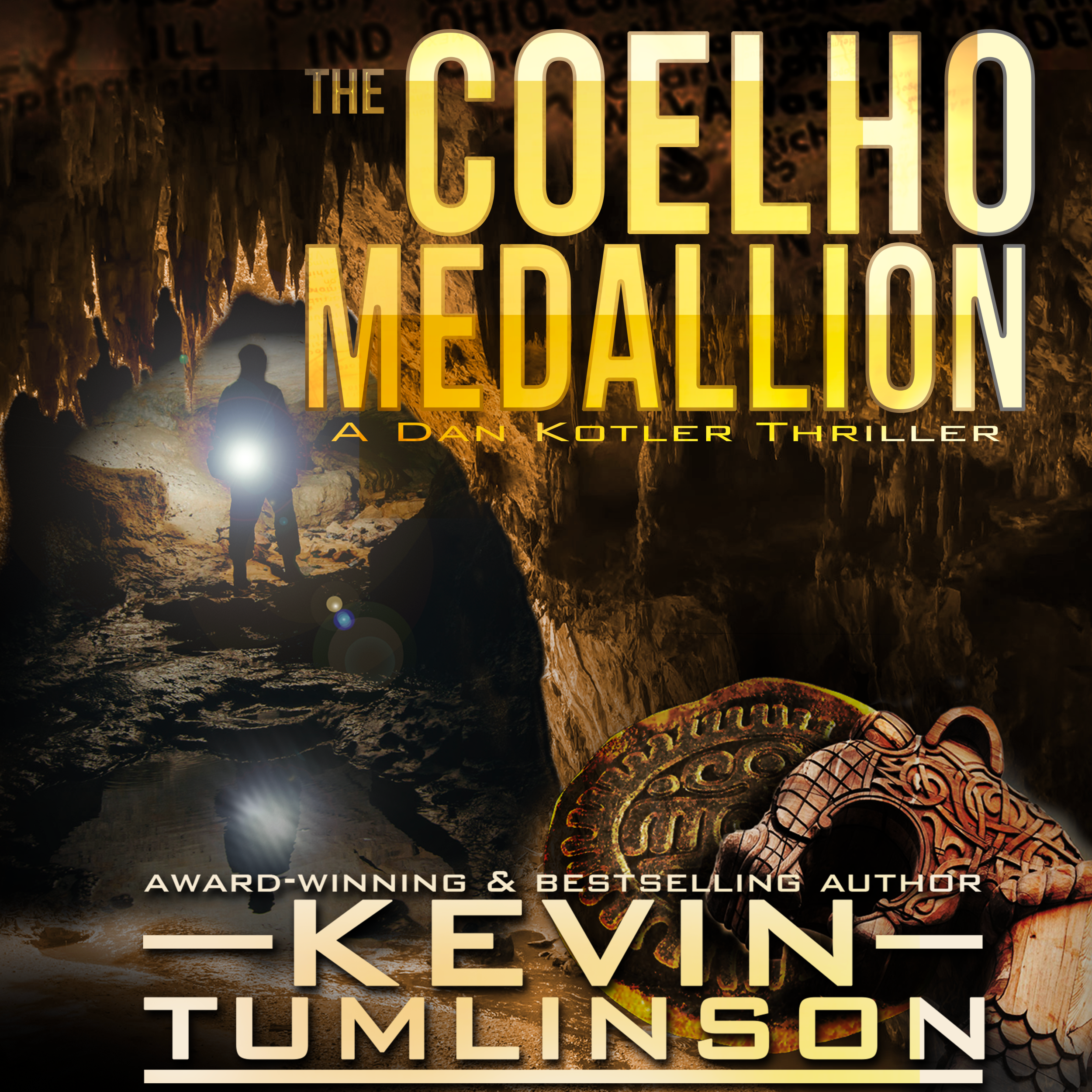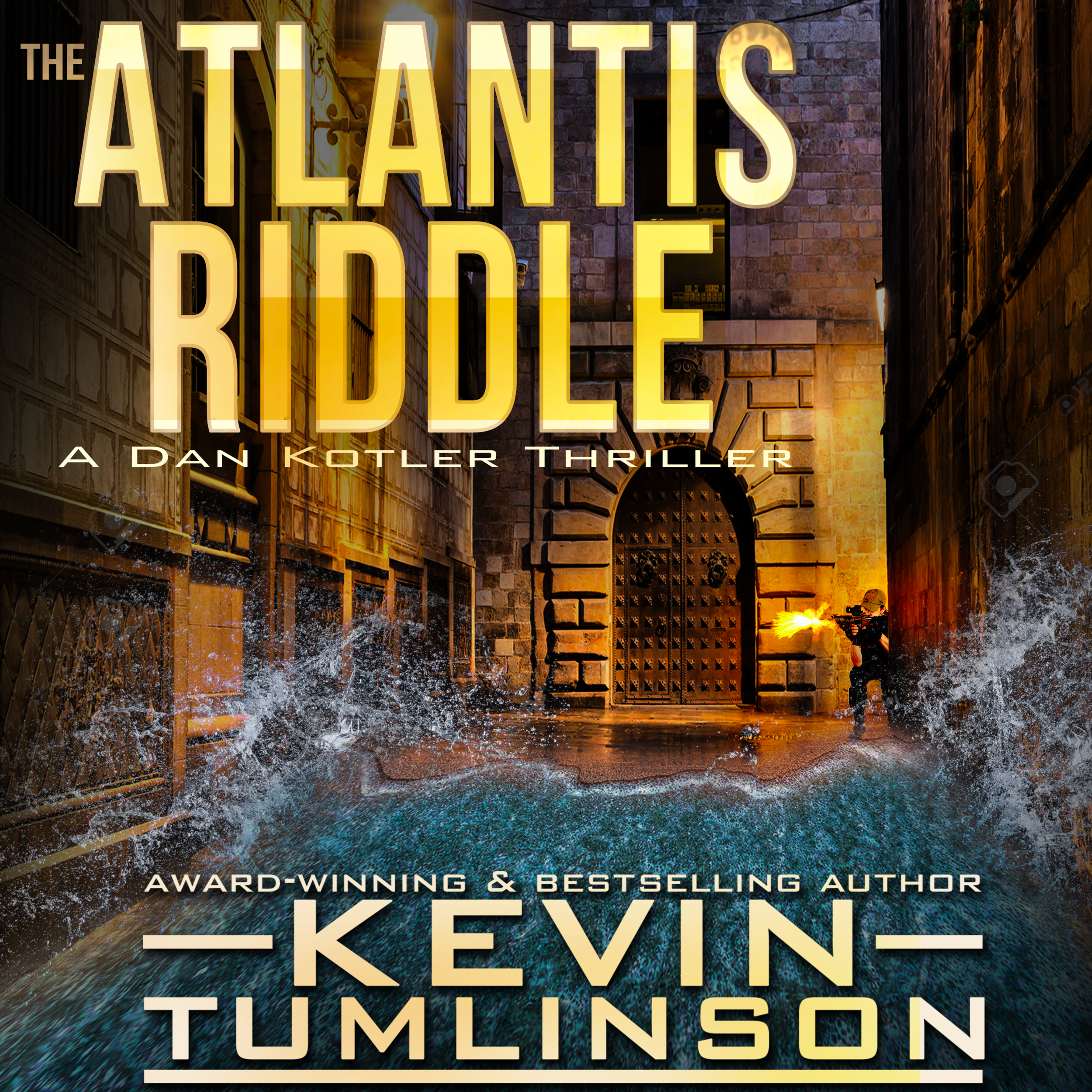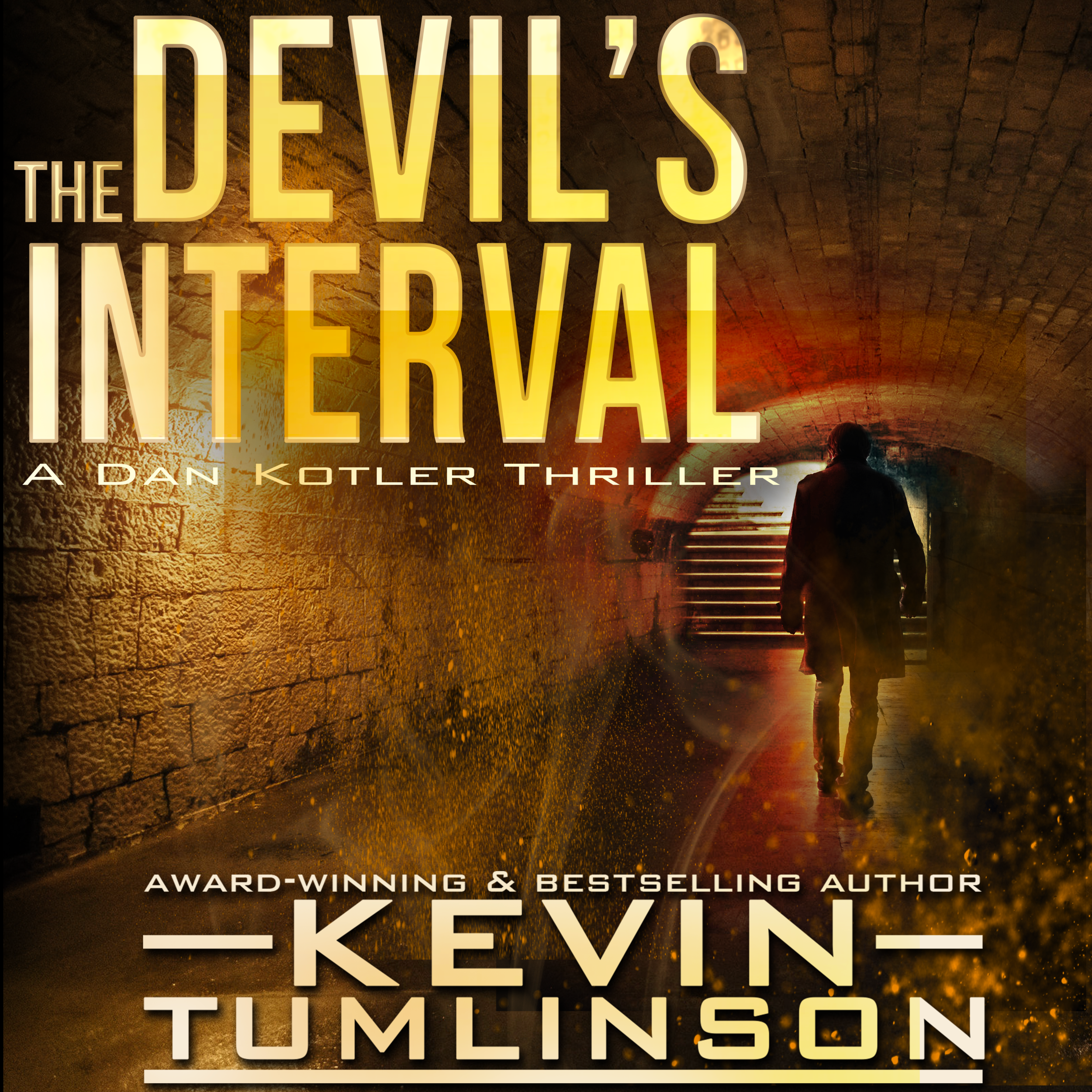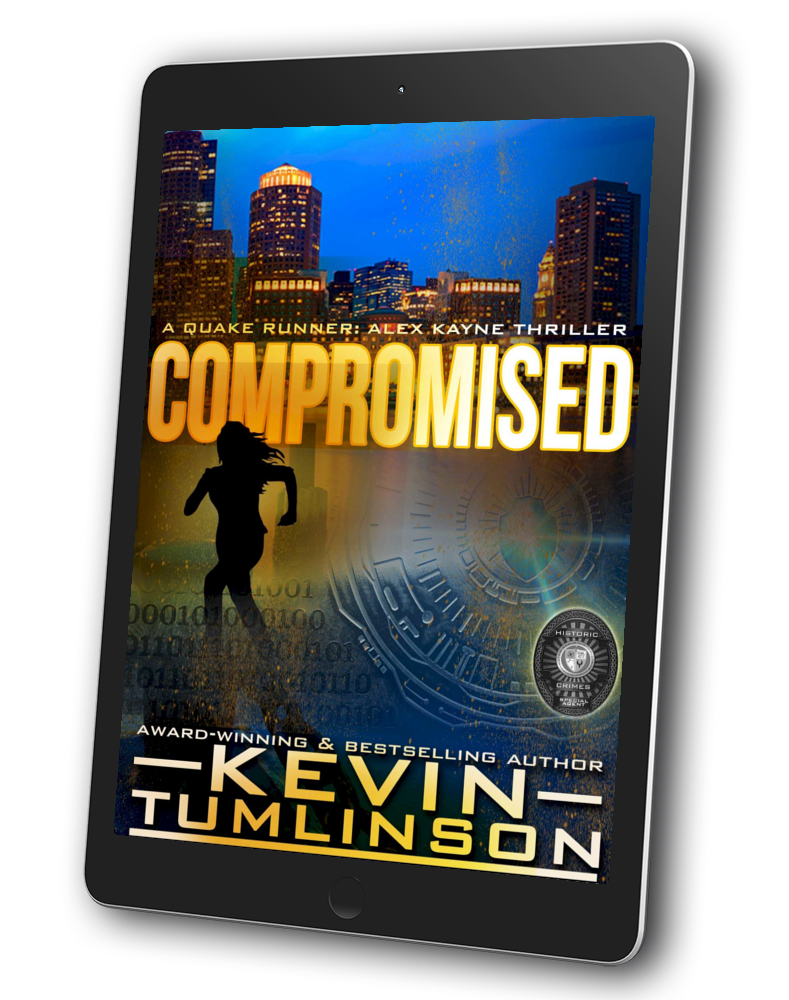The first book I ever published was a science fiction title, Citadel: First Colony. It was the end result of a few weeks of hanging out with my brother-in-law and a good friend of mine, drinking coffee and noshing at a local Panera Bread, dreaming and jotting down notes for a web series we wanted to produce. This was in the days before Netflix and Hulu and other streaming services. We had plans to launch this thing as 10-minute episodes on YouTube (10 minutes being the limit on length, at the time).
Things didn’t quite work out for us on producing the show, but as an exercise in getting a deeper understanding of the plot and the characters, I decided to write what is known in the business as a treatment. It’s basically a document that tells the story of a film or show, in prose, so that it can be handed over as part of a pitch. Writers will often put a treatment together to give to a prospective investor or someone at a studio.
I thought that if we had a treatment, I could better understand the story, and that might make it easier to start penning scripts.
What ended up happening instead was that the treatment expanded to become a novel. and then that novel became the first in a trilogy. And a novelist’s career was born.
Fast forward to 2015. I had about 30 books out, covering mostly science fiction and fantasy. I was doing ok—everyone who actually read the books loved them. But I was not doing great. Not as well, financially, as I hoped, anyway.
At that point in my career I’d gone all-in on being a part of the indie author scene. I was hosting my show, The Wordslinger Podcast, and I was also a co-host or host or guest host on at least seven other shows, including co-hosting with Nick Thacker and Justin Sloan on Self Publishing Answers.
Before Justin came along, Nick and I hosted SPA together, and we used it as a space to discuss not only the business but our own work, what we were learning, how it was going, etc. And on one episode, we talked about genre. It was on that episode that Nick said he thought I could crush it as a thriller writer, and he dared me to write one. I took that dare.
Ok, so back to 2015—I started working on said thriller. At that point I was full-time as an author, but wasn’t getting quite the paycheck I felt I needed. Switching genres felt a little intimidating, so I decided I would write a one-off book, just to win the dare, and see how it went. And because I hadn’t really written a thriller before, and wasn’t sure how much time and effort I wanted to invest in the process, I decided to “cheat.”
There’s a dirty secret in the author world. Every author has this, and most don’t talk about it. And it can be called by and thought of in a variety of names and terms. For me, it is what I call “my thirds.”
My thirds—as in the first third of a book. The started but unfinished work, the exploration of an idea that I was excited enough about to start but didn’t have the integrity or heart or energy to finish. My thirds had always been my shame. Work left unfinished weighs heavier than the work of seeing things through.
Every author has something like this. Story starts, orphaned chapters, widowed plots—there are many names. In the comics world there’s a concept known as the “ash bin,” where fragments of script and dialogue, as well as rough sketches or even finished panels, get dumped. They might be pulled out later, dusted off, and put into service in some other story. But for now, they’re ash. Wasted, burned, not worthy.
I actually have a little folder in Scrivener, my writing tool of choice, that I call my “Ash Bin,” where I dump scenes I pull from books while editing. I always think, “I’ll come back and use this some day.” But so far I rarely have.
On the other hand, I also have my “thirds,” which are the abandoned ideas I was excited enough to start but not dedicated enough to finish. Over he decades, mostly prior to becoming a fairly prolific writer who actually does finish things, I have collected hundreds of these. They’re sitting there, taking up hard drive space, with creation dates that show me I really wanted to be in this business even in my youngest days.
So when I had to come up with a plot for a thriller novel, I thought, “Why not mine for gold?”
I went to my hard drives, I culled together a collection of story starts, and I began piecing together what would eventually become the Prologue for The Coelho Medallion.
Now, when I look back at that first Dan Kotler book, I can see that I had some pretty solid influences working. Indiana Jones was a given. Archaeologist adventurer and all.
But at that point in my life I was reading a lot of books that I now realize fell within the thriller genre, though I hadn’t quite thought of them that way originally (for some reason). Among these was Stieg Larsson’s Millennium trilogy, which led off with the wildly popular The Girl with the Dragon Tattoo. Larsson’s obsession with describing 90s-era Apple technology in those books definitely fed into Dan Kotler’s early obsession with things like his iPad and Evernote. I still reference smartphones and apps and smart tablets to this day, but I’ve made them a little less overt, to avoid dating the material too much.
Other influences included films such as National Treasure, which one reader accused me of plagiarizing (I’m not sure how... nothing in plot of Coelho Medallion is even remotely similar to the plot of those films, and the two characters share only a touch of brilliance tempered with arrogance... maybe that was it?). Then there were books by authors such as Clive Cussler, James Rollins, Steve Berry, and a few others.
But there were two influences in particular that really shaped Dr. Dan Kotler as a character. The first is a book I wrote about recently, The Fingerprints of the Gods, by Graham Hancock. That book is, as I’ve stated, foundational to the whole Kotler universe.
But the other influence was Dan Brown’s The Da Vinci Code. Both the book and the film, and all the subsequent sequels to each, shaped The Coelho Medallion right from the beginning. Though more so than I realized, at the time.
Kotler is in a very real sense a descendent of Dr. Robert Langdon, from Brown’s books. And in fact, the “Dan” in Dan Kotler’s name is an homage to Dan Brown. Author names are a running in-joke among the characters of these books, and it started from name one. Even the title is an author homage, named for Paulo Coelho, author of The Alchemist.
All of that I deliberately chose from the beginning. I wanted a character who was brilliant and resourceful, yet flawed and sometimes overstepping. Kotler has many spiritual ancestors, but Robert Langdon is closest.
But it wasn’t until years after publishing The Coelho Medallion that I realized how much actual influence came from The Da Vinci Code.
I was at an author conference, I believe in Las Vegas, and had the television going while I showered and got ready to go back out and take some authors on a drinking tour of the town. When I turned on the TV, Tom Hanks greeted me.
The film, The Da Vinci Code, was playing as part of a marathon. I smiled, having loved the entire series from Ron Howard and Tom Hanks, and I let it play as I got ready.
It started to hit me, after a bit, that the whole thing was a little more familiar than I would have thought. Familiar, but there always seemed to be something missing. Some line I thought I remembered from the film went unsaid. Some scene I thought should have been there simply wasn’t. And then there were lines and scenes that did appear that felt wrong to me.
It hit me, eventually, what was happening.
When I’d written The Coelho Medallion, I subconsciously reached for characteristics to instill in Dan Kotler so that I could understand his character, and get inside his head. And as I watched The Da Vinci Code for the first time in years, I suddenly started to recognize the framework of characteristics I had unconsciously “borrowed” from the film and the book.
Basically, when I introduce Kotler for the first time, he’s doing his very best impersonation of Robert Langdon.
In fact, once you’re past the Prologue of the book, the first chapter is a fairly decent clone of the introduction of Langdon in the film. It’s not exactly shot-for-shot or anything. No dialogue was lifted. Nothing was plagiarized, strictly speaking. But it’s pretty clear I had that scene in mind as Kotler spoke to a crowded auditorium about the evidence support Vikings in America.
Kotler was Langdon. Vikings were the works of Leonardo. Dr. Horelica’s abduction was the murder of Sophie’s father. And there are more breadcrumbs like these throughout the book.
It was kind of shocking to me to discover this, but looking back on it I’m not that surprised. I mean, I had never written a book like this before, and I was casting around trying to find a guide. I landed on mimicking the work of an author I knew and enjoyed. It happens.
The rest of the book had different origins, though. I used my thirds to create the prologue, which inevitably inspired the rest of the book’s plot. Really it came down to a scene that is actually no longer in the book (I included it as a bonus at the end of the novel), in which a man on a hike discovers evidence for an underground river that rises to the surface every so often. That scene led me to the idea of the underground river, and from there I had to decide why that would be significant for an archaeologist.
Another scene involved a museum being robbed, and the artifact was a medallion. I didn’t know what the artifact would point to, per se, but it seemed like a good piece.
Then there was a warehouse being robbed, and thousands of smoke detectors stolen. This was inspired by “The Radioactive Boyscout,” who snagged smoke detectors from an apartment complex that was under construction, and mined them for their radioactive components, in the name of building his very own nuclear reactor. True story.
I had dozens of pieces like this, things I’d started writing but hadn’t finished. And I picked and chose bits here and there to weave into the Prologue, which inevitably laid the groundwork for the rest of the novel.
In fact, even the prologue was something I borrowed from various inspirations—the opening of The Da Vinci Code was one, but so were the thousands of hours of television series I’ve watched over the years, with their cold opens setting the stage for each episode. Shows like Castle are a good example.
Basically, that first novel was a mishmash of ideas and influences that I somehow, maybe miraculously, pulled together into a book. And that book, despite being a “one-off” in my mind, ended up launching an entire series. Which ended up launching an entire new era for my author career.
Nick was right, I really did need to write a thriller.
Now, here we are. Kotler has been on hundreds of adventures by this point, and now there are even some new faces in his universe, having adventures of their own. Alex Kayne has a growing presence, along with her AI software, QuIEK. Agent Roland Denzel, Agent Eric Symon, Agent Julia Mayher—all pulling their weight in these novels. Director Liz Ludlum has evolved into someone I never expected.
The stories, the characters, they are growing. They have become something more than I ever thought I was capable of creating. And it all started with a bit of immigration and mimicry.
And I am so grateful for every bit of it.
NOW YOU CAN HEAR THE ADVENTURE!
The first three Dan Kotler Archaeological Thrillers are available NOW on audio from your favorite retailer or library app! Get yours now and start listening in on the action!
CLICK A THUMBNAIL BELOW TO FIND YOUR COPY!
YOU ARE READING SIDE NOTES
Side Notes is an extension of my Notes at the End, which are author’s notes that appear at the end of every one of my novels. If you like these posts, you’ll love the books.
If you’d like to support me (and see more posts like this) you can do me two favors: First, peruse my catalog of books and find something you’d like to read; and second, join my mailing list to become part of an amazing community of readers and friends I interact with regularly. Thank you for your support!
